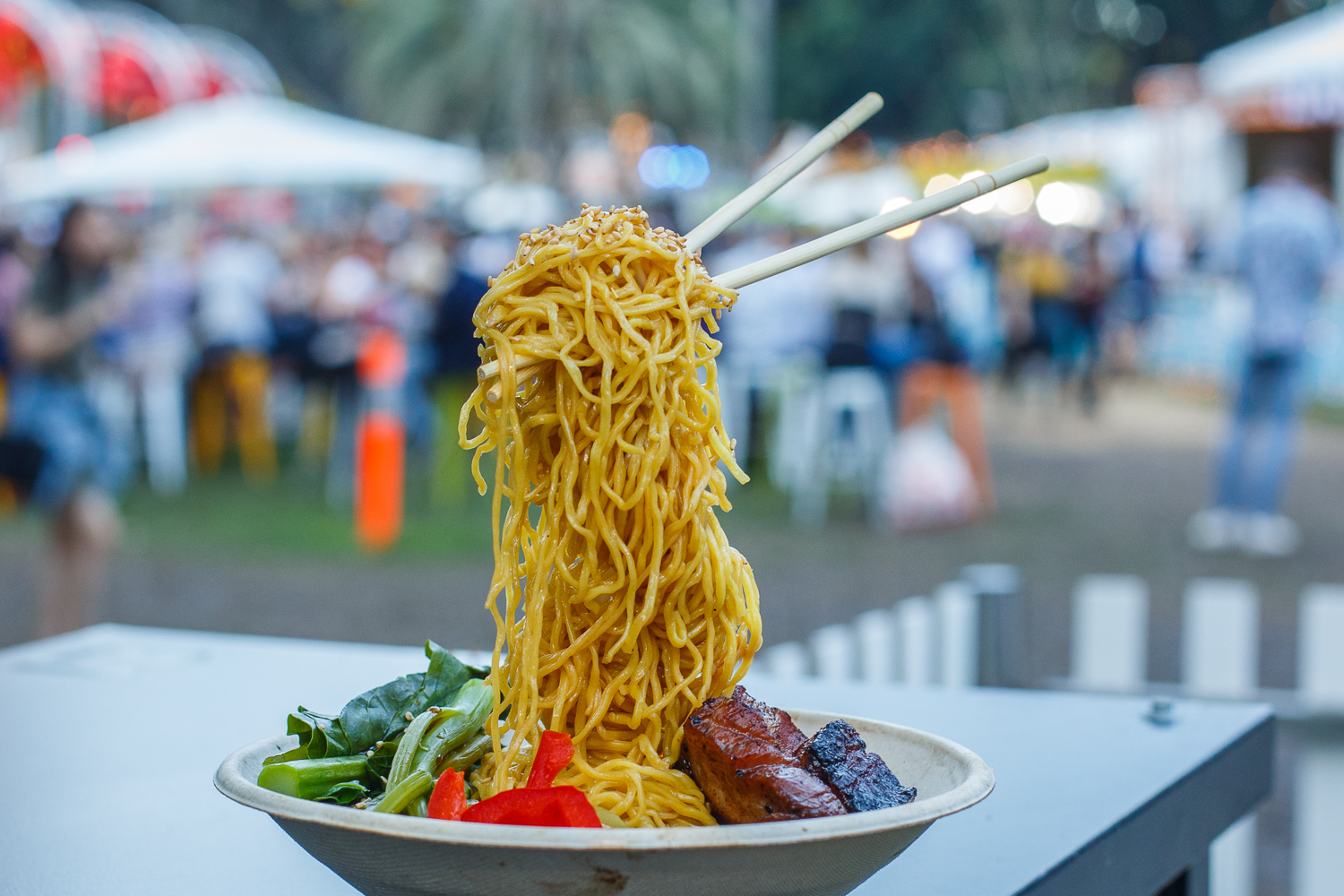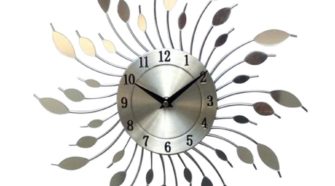Two horses pulled a cart. One horse worked hard and walked fast, and the other horse was lazy and walked slowly, so the owner moved all the goods in the back to the front. The horse behind laughed and said, “The harder you work, the more work they will give you!” Later, the master thought, “Since one horse can pull all the goods, why do I need to keep two of them?” So he slaughtered and ate the lazy horse. This is the lazy horse effect in economics.
Enlightenment: If you make yourself dispensable, the day you will be given up is not far off.
There are two noodle stalls in the night market. The booths are adjacent, and the seats are the same. After a year, Booth A earns money to buy a house, but Booth B still cannot afford to buy a house. Why? Originally, booth B’s business was good, but the boiled noodles were very hot, and it took customers too long to finish a bowl. At Booth A, the cooked noodles were soaked in ice water for a few seconds and then served to customers. The temperature was just right for customers, so they finished eating fast and left more room for others.

Enlightenment: If you take just a little bit more time and effort for customers, money can come in faster.
The Chinese version-
兩馬各拉一貨車。一馬走得快,一馬慢吞吞。於是主人把後面的貨全搬到前面。後面的馬笑了:「切!越努力越遭折磨!」誰知主人後來想:既然一匹馬就能拉車,幹嘛養兩匹?最後懶馬被宰掉吃了。這就是經濟學中的懶馬效應。
領悟:讓人覺得你可有可無,你被踢開的日子就不遠了。
夜市有兩個面線攤位。攤位相鄰、座位相同。一年後,甲賺錢買了房子,乙仍無力購屋。為何?原來,乙攤位生意雖好,但剛煮的面線很燙,顧客要15分鐘吃一碗。而甲攤位,把煮好的面線在冰水裡泡30秒再端給顧客,溫度剛好。
領悟:為客戶節省時間,錢才能進來快些。
文章來自-https://kknews.cc/essay/6n6e2ap.html.




